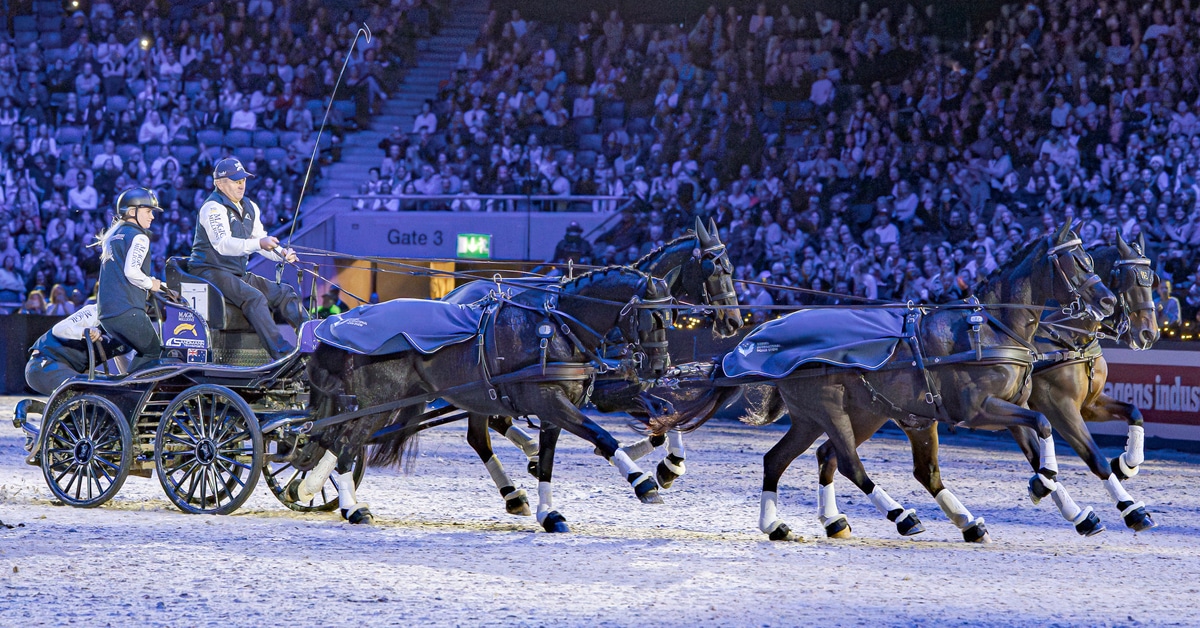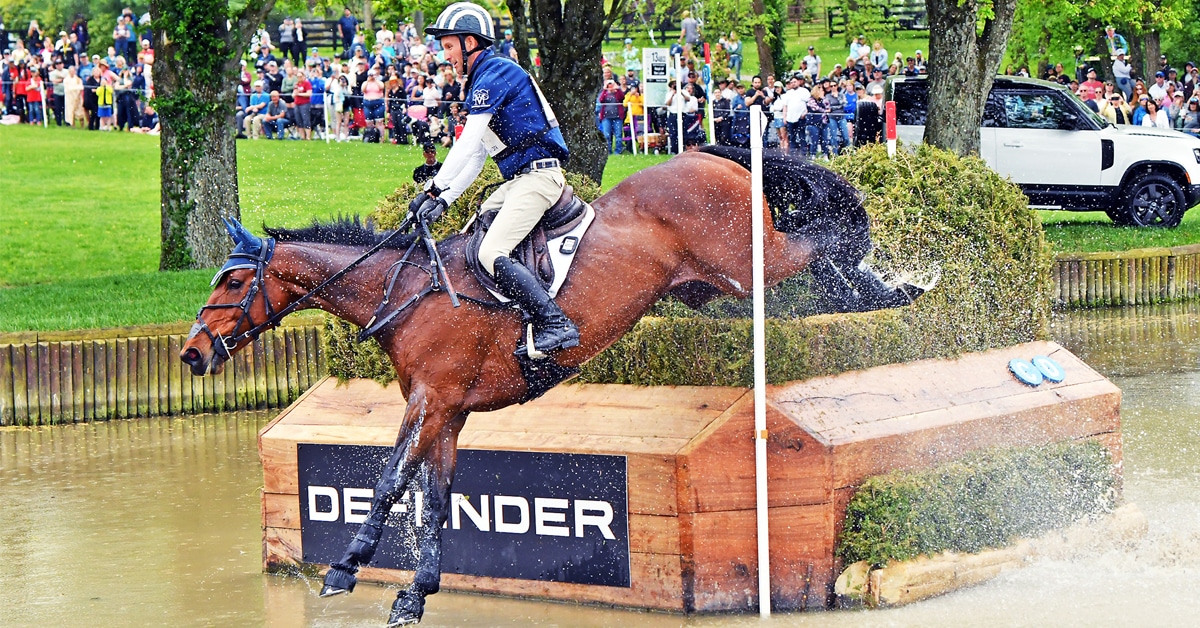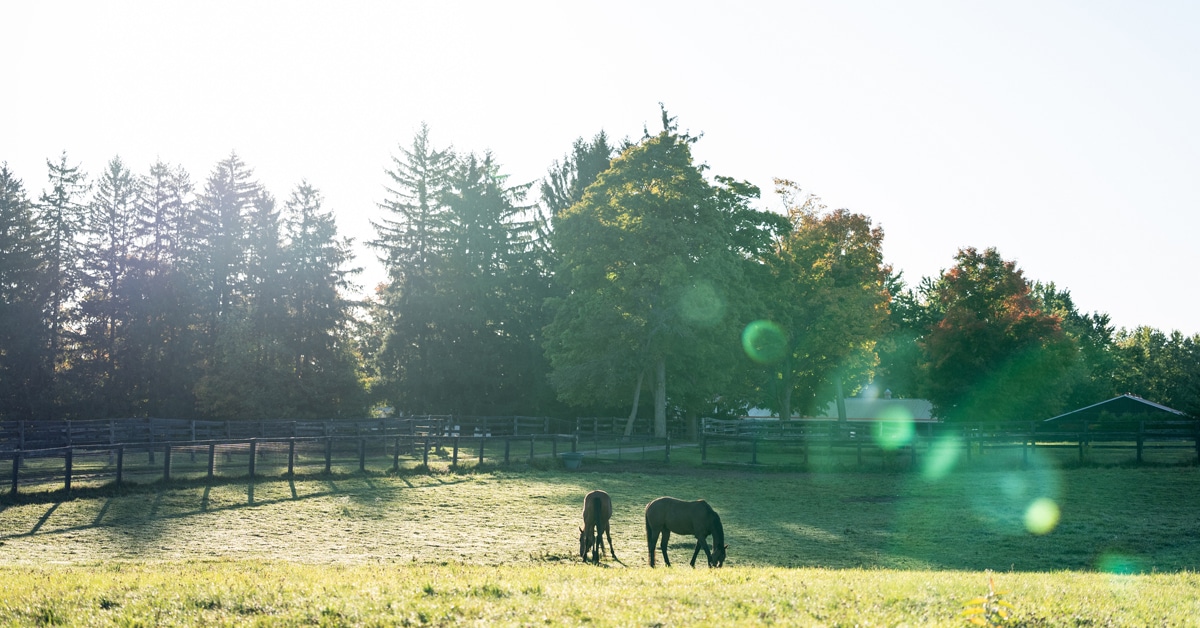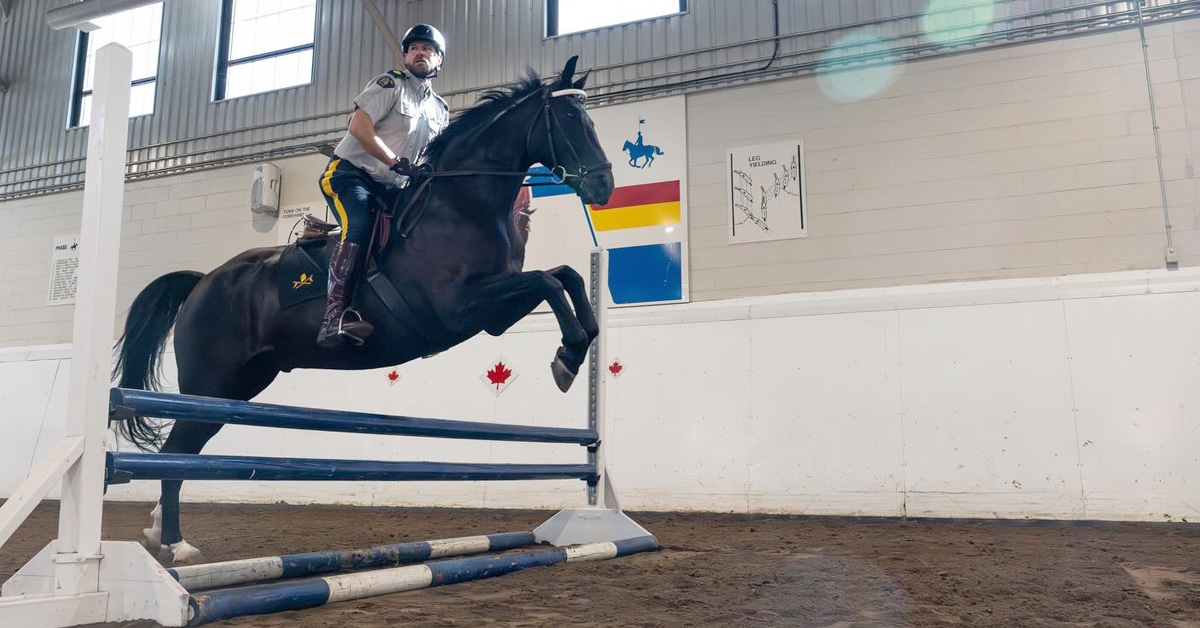Earlier this year the European Equestrian Federation (EEF) announced a partnership with the Sporthorse Welfare Foundation (SWF) to answer the core question “What do sport horses need to experience a good level of welfare?” The SWF, founded by a global group of leading scientists, is trying to answer this complex issue by first defining the key areas of sport horse management that promote a good quality of life. The initial and most extensive part of the study has now been completed.
More than 100 equine professionals involved in equestrian sport and federations from over twenty-four countries around the world have been questioned about the subject of welfare; their knowledge, experience and opinions about sport horse management, training, health and welfare were collected in a Delphi-designed study. The researchers were surprised by the overwhelming amount of input they received from the respondents. Assoc. Prof. Dr. Jane Williams explains: “Participants ranging from team coaches, high level riders, competition grooms, team vets, farriers, national federations and scientists have taken part in the first round of the study. This first phase was focused on determining the core topic areas that, in their opinion, should be included when we discuss sport horse welfare. We received a wealth of interesting input from these exceptionally experienced professionals. The analysis has now been completed and the group are pleased to announce that they are ready for the next step of this groundbreaking study.”
One of the participants who enthusiastically participated in the study is former Dutch showjumping team coach Rob Ehrens. He believes it is important this research is being undertaken. “We enjoy our beautiful sport every single day. But we have to make sure we do not use our horses as a tool, just to be successful and gain money. We are obliged to take good care of our horses; we owe them that. I believe this study helps us to better define the discussion about the well-being of horses and offer tools to people who work with horses. It will be for the benefit of the horses and when they are managed, ridden and taken care of even better, I believe the sport will reach a higher level, too.”
The next phase of the study contains voting and rating of the final topics by the experts to reach a consensus about all aspects of sport horse welfare. In the third round, the appropriate way to assess these domains will be assessed. The fourth and final round of the study will entail in-depth interviews with the experts to explain and clarify the (sub)domains even further.
The Delphi approach will be finalized around the end of this year, after which the SWF will analyse the final results and share the initial findings with supporting stakeholders. All results will then be presented during a series of online webinars, open to all equestrian stakeholders and anyone who has an interest in this area.
(NB: The Delphi technique is primarily used when available knowledge is incomplete or subject to uncertainty in an area, and existing research is limited. Systematic and structured rounds focused on a given topic area utilising the knowledge among invited ‘expert’ panel members to gain consensus which is then reported; it is a method often applied in diverse fields of medicine.)
More News









